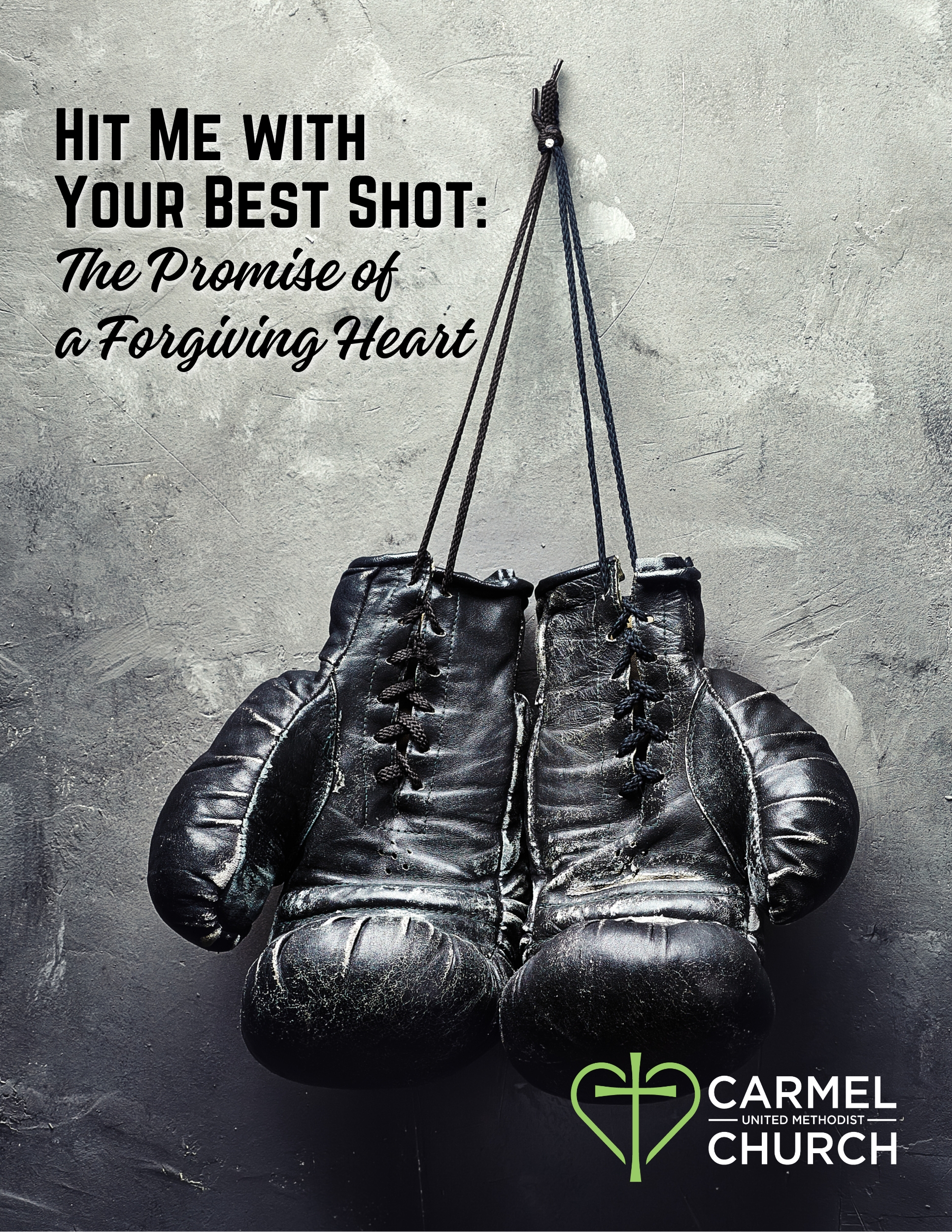

A Word From My New Research Assistant
Being able to forgive ourselves—our ability to allow God’s amazing grace to uncover, weed out, and heal our guilt and shame—is never easy, but it is critical to our growth as children of God. The following is what the new, improved ChatGBT came up with in terms of articles online that might help—at least in a secular, psychological context. Go ahead and click on the links if you want to follow up.
Forgiving yourself and dealing with guilt can be challenging, but there are several excellent online articles that provide insights and practical steps to help you navigate this process.
1. Psychology Today outlines a seven-step process to self-forgiveness, emphasizing the importance of learning from your mistakes, making amends, and applying the lessons learned to future actions. It highlights that self-forgiveness involves acknowledging your mistakes without letting them define you (Psychology Today).
2. Verywell Mind discusses the benefits of self-forgiveness for mental and physical health, and suggests strategies such as understanding your behavior, learning from your experiences, and striving to do better in the future. The article also touches on the importance of recognizing when guilt is unwarranted, such as in cases of abuse or trauma. (Verywell Mind).
3. MindBodyGreen provides a ten-step guide to self-forgiveness, including finding the lesson in your mistakes, practicing self-compassion through visualizations or affirmations, and letting go of the past. It also recommends seeking guidance from a mental health professional if you're struggling to forgive yourself on your own (mindbodygreen).
4. Greater Good Magazine from Berkeley offers a balanced view on self-forgiveness, suggesting that while it's important to acknowledge and take responsibility for your actions, it's equally important to avoid excessive guilt and self-condemnation. The article stresses the role of empathy for victims and making amends as part of the self-forgiveness process (Greater Good).
These articles collectively offer a comprehensive approach to self-forgiveness, highlighting the need for introspection, empathy, and positive change. For more detailed guidance, you can explore each of these resources directly.
I hope that some or all of these suggestions are helpful, if this is an area in which you need help or coaching. Feel free to let me know if you have feedback on this kind of online, AI suggested recommendations.

Archived Posts
One More Piece of Unsolicited Advice
I had one too many examples yesterday. Here’s the "Ask Pastor Tim" scenario that didn’t make the cut for Sunday’s sermon: (read more)
Not If, But When, the Crisis Comes
One of the best Bible commentators alive today is N.T. Wright or Tom Wright. When reflecting on the parable of the wise and foolish maidens, he wrote this:...
What I wanted to say
but ran out of time this Sunday
Here is the benediction I was going to use before discovering the excellent MLK Jr. video.
The Storm that Comes To Us as Helplessness
I want to share with you a small portion of my conversation with Artificial Intelligence online. Some of you know, I use Chat-GPT as a thoughtful sounding board for the questions and insights I’m working with on whatever scriptures I’m studying each week. What follows is an example of those discussions...
One Final Scene About Scrooge
There was one more scene in Dickens’s novel that reveals something of what has happened to Scrooge over the years. I did not have time to share it on Sunday, but I believe it reveals a great deal about the regrets in Scrooge’s life....
What Jacob Marley Would Do,
If He Could Do It…
I thought about using the following for a benediction—since Jacob Marley was warning Scrooge about the danger of loving money and what it could buy. Ends up with the Cantata and everything else going on, I didn’t have the time. So here is what you might have heard if the sermon itself was 5 minutes shorter!
A Confirming Word on Old King Herod
I just want to echo what Rick said in his fine sermon yesterday (Nov. 23). Herod was a ruthless tyrant and skilled politician. When the Magi don’t report back to him, he decides to kill all the male children of Bethlehem under the age of 2. That’s one paranoid dude.
